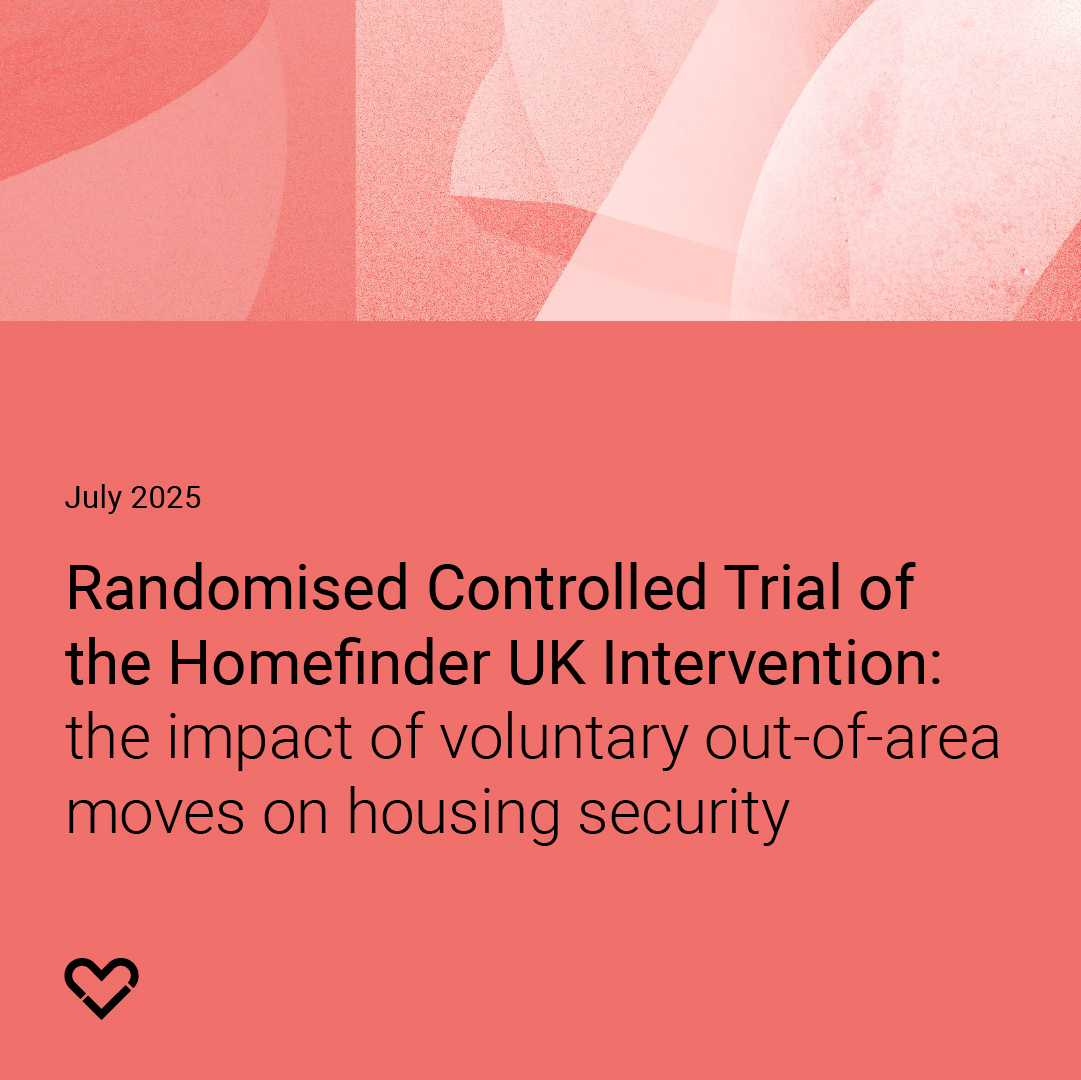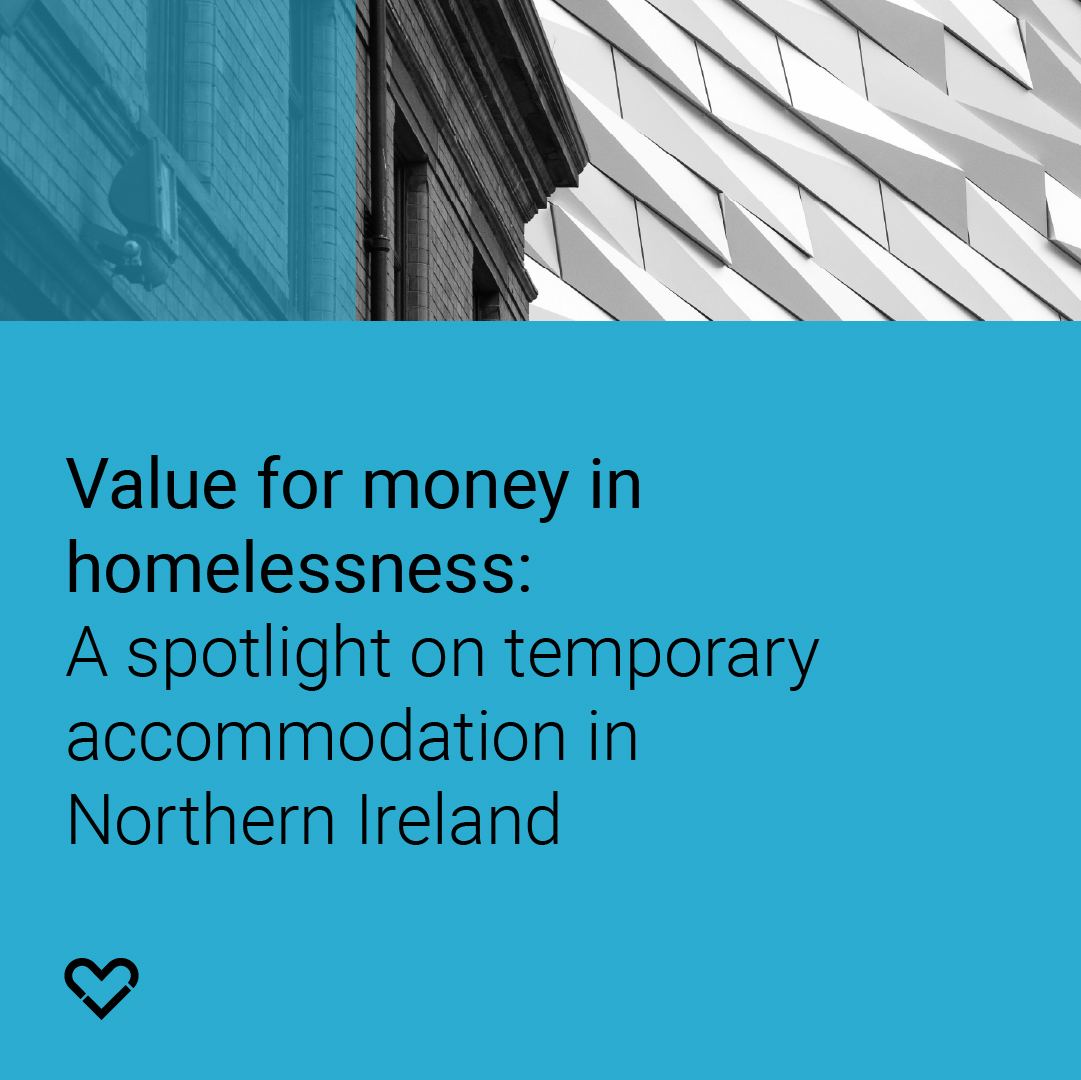European Journal of Homelessness: Seeing Homelessness through the Sustainable Development Goals
Outline of the Study
This paper argues that omitting homelessness from the UN's Sustainable Development Goals (SDGs) is a major missed opportunity for global coordination to end homelessness. The authors trace efforts to address this gap, including the development of a global framework for defining homelessness and the first ever UN resolution on homelessness in 2020. They demonstrate how the COVID-19 pandemic highlighted the importance of data and measurement in addressing homelessness effectively.
Findings in brief
- At present, homelessness is completely absent from all 17 UN Sustainable Development Goals (SDGs) and their 169 related indicators. This exclusion jeopardises the success of nearly all SDGs, particularly those which seek to end poverty, ensure healthy lives, and make cities inclusive
- The lack of a commonly agreed global definition of homelessness may have contributed to its exclusion from SDGs
- The Institute of Global Homelessness’s global framework offers a way to conceptualise and measure homelessness across three categories relating to accommodation status and can be flexed to local and national contexts. This framework has been successfully piloted in 13 'Vanguard Cities' across six continents
- The first UN Commission on Social Development in over 30 years to focus on homelessness took place in February 2020. The first ever UN resolution on homelessness was adopted by the Economic and Social Council in June 2020
- The COVID-19 pandemic highlighted that cities with the best homelessness data could respond most quickly. For example, UK local government data enabled 90% of people experiencing street homelessness to be accommodated during the 'Everyone In' initiative
- The pandemic created new collaboration opportunities between homelessness, health, and criminal justice.
Recommendations in brief
- Include homelessness explicitly in future iterations of UN SDGs
- Building on the UN resolution on homelessness, encourage member states to develop comprehensive, intersectoral strategies and specific policy interventions to address homelessness, harmonise data collection and measurement, to enable national and global policymaking.
- Advocate for homelessness to be included in future UN resolutions and declarations
- Adopt and implement the global framework for defining homelessness across all countries
- Develop comprehensive, intersectoral national strategies that go beyond housing policies alone
- Strengthen partnerships between UN agencies, member states, and civil society organisations
- Encourage member states and municipalities to report on homelessness in Voluntary National Reviews and Voluntary Local Reviews
- Support work by the Institute of Global Homelessness and UN Human Settlement Programme to operationalise the resolution by mainstreaming definitions of homelessness and data across high-level fora, providing technical assistance and capacity-building to member states developing homelessness strategies and policy interventions and drafting homelessness indicators and targets for SDGs.
No items found.





.jpg)

